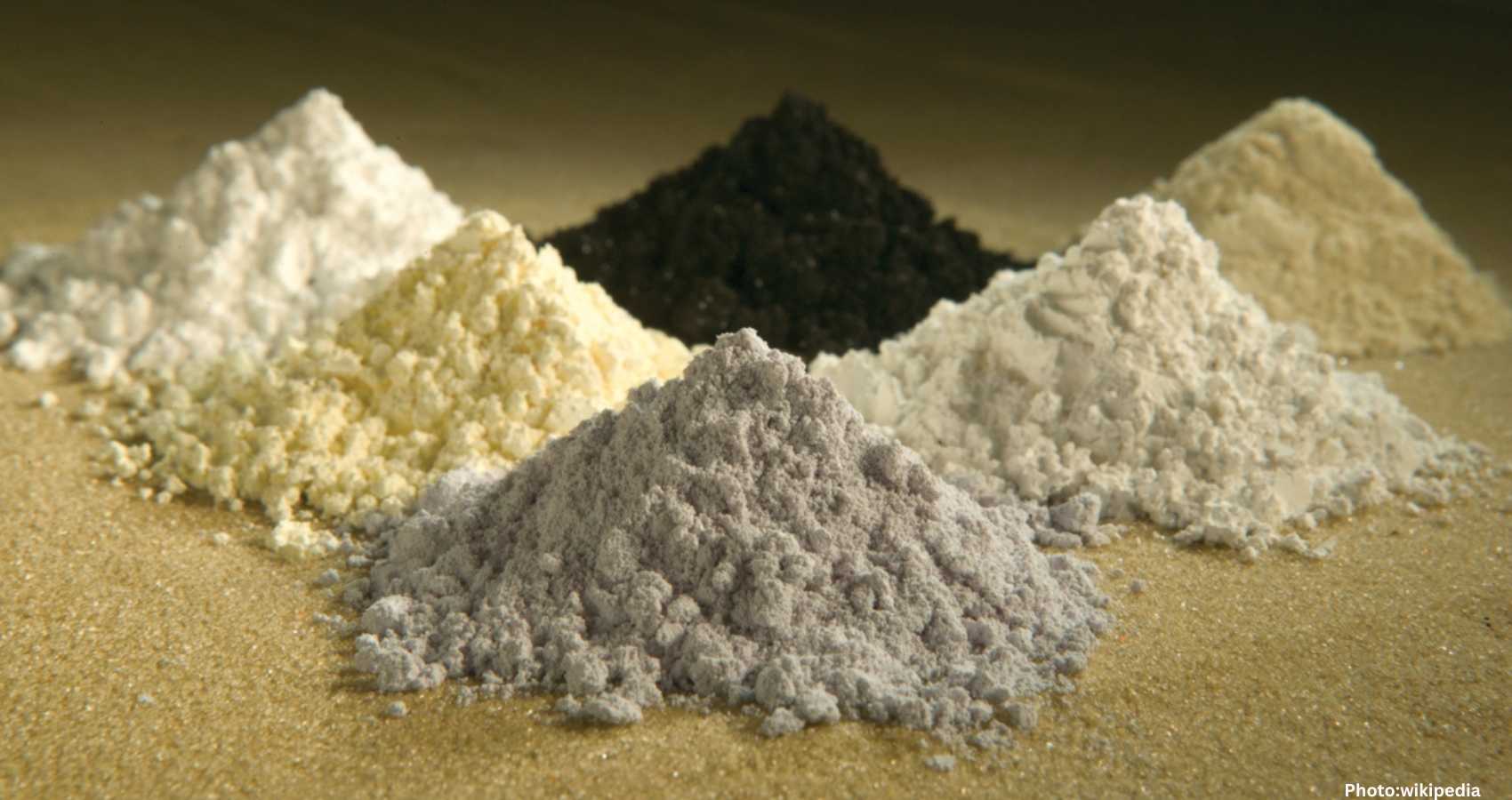China is deepening its engagement in Africa to secure a dominant position in the global rare earth elements market, raising concerns about labor practices and geopolitical influence.
NEW DELHI – China is intensifying its efforts to solidify its dominance in the rare earth elements sector by expanding its presence in African nations rich in critical minerals such as cobalt, lithium, and nickel. These minerals are essential for the production of batteries, electric vehicles, and renewable energy technologies.
However, Chinese investment projects in Africa have drawn criticism for issues related to worker exploitation, a lack of transparency, and the preference for employing Chinese labor over local workers.
The primary goal of China’s investments is to bolster its geopolitical influence and enhance its high-tech manufacturing sector. Beijing has been employing an infrastructure model that involves constructing roads and railways to secure long-term mining rights. Additionally, finance serves as a powerful tool for establishing a foothold in African countries, with Chinese loans to African governments and state-owned enterprises exceeding $152 billion. Notably, Angola accounts for nearly 30 percent of this total, according to media reports.
Chinese companies have reportedly invested close to $8 billion in mining projects across Africa. These investments are driven by the demand from China’s own economy and the global shift towards clean energy, as China seeks to secure a steady supply for its high-tech industries through direct investments in mines and financing. Africa is increasingly becoming a vital source of raw materials, with countries like Tanzania set to emerge as significant exporters to Chinese processors.
To ensure a stable and long-term supply of rare earth elements (REEs) and other critical minerals necessary for modern technology, Chinese firms are heavily investing in African mines and processing facilities. Many of these projects are at various stages of development, with some expected to commence production in the coming years, significantly boosting the continent’s output. Examples of these projects can be found in Namibia, Malawi, Angola, Tanzania, and South Africa.
While Africa’s mining output is on the rise, China’s dominance is particularly pronounced in the processing and refining stages of the rare earth value chain, where it controls a substantial majority of global supply. Chinese firms have also faced allegations of corrupt practices. A notable case is in Namibia, where Xinfeng Investments, a company linked to Chinese interests, is accused of acquiring its Uis lithium mine through corrupt means, utilizing permits intended for small-scale miners.
Africa is emerging as a significant new source of raw rare-earth ores for both China and Western processors. The continent has the potential to leverage these resources for its own development; however, challenges such as increasing Chinese influence remain a concern as it seeks to move up the value chain beyond merely exporting raw materials.
Source: Original article

